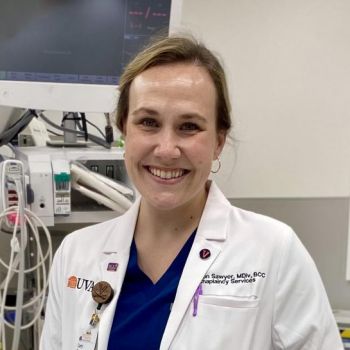Requirements
Find detailed information about requirements and courses for current students (NetID required) »
The Certificate in Chaplaincy is sufficiently flexible to allow student in the Residential M.Div. and M.T.S. degree programs to obtain both the Certificate in Chaplaincy and the Certificate in Prison Studies or the Certificate in Theology, Medicine, and Culture. Please confer with the appropriate certificate directors to determine the most efficient pathway.
For more information about the certificate contact:
Jan Holton
Associate Professor of the Practice of Pastoral Theology and Care

